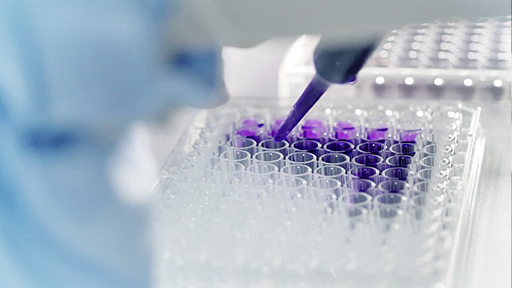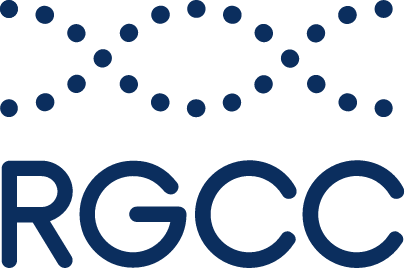New breast cancer therapy a step closer to clinical trials

An advanced cancer therapy developed by RGCC scientists has been categorised as a Cell Therapy Medicinal Product (CTMP) by the European Medicines Agency (EMA). Tested on breast cancer cells but effective at treating all forms of the disease, the adoptive T cell-based therapy encourages the body’s immune system to target cancer cells. Due to enter clinical trials shortly and is the latest development in a pipeline of new cancer treatments created by RGCC scientists.
Immunotherapies use the body’s immune system to attack cancer cells. Adoptive T-cell therapies are a form of immunotherapy that uses cells extracted from a patient’s body, which are then activated before being returned. T-cells require an antigen to trigger their activation and prime them to kill any target expressing a specific signal.
The RGCC team have developed a new adoptive T-cell therapy that uses MUC1, an antigen that is overexpressed on the cell surface of many human breast adenocarcinomas and other types of cancer. A patient’s immune cells, known as cytotoxic T lymphocytes, are activated with the peptide MUC1, which stimulates them to target tumour cells before being reintroduced to the body.
“The protocol has demonstrated promising results in proliferation and activation of T-cells, cytokine release and cytotoxicity against luminal B and triple-negative breast adenocarcinoma cell lines,” said Panagiotis Parsonidis, a Molecular Biologist and lead researcher at RGCC. “The peptide that I designed was in that area to enhance the immunogenicity of the cells and their specificity against cancer cells.”
The advanced therapy has been in development for over five years. In a paper published in the Journal of Cancer Therapy, Parsonidis and colleagues describe promising results in laboratory studies. In March 2021, the therapy achieved classification by the EMA as a Cell Therapy Medicinal Product, an important step before entering clinical trials.
Part of the therapy has been tested with patient derived orthotopic animal models. The mice were then implanted with breast cancer cells and treated with the new treatment. Results show the body’s whole immune system has been trained to attack cancer cells, demonstrating what scientists call ‘high cytotoxic activity.’ “The activated T cells had a significant tumour growth inhibition comparing to the untreated control and the control of T cells without activation,” said Parsonidis.
The immunotherapy is the latest in a ‘pipeline’ of new immunotherapies being developed by RGCC, says Dr Ioannis Papasotiriou. “At RGCC, we’re at the forefront of cancer research and are using all our skills, expertise and insights to develop exciting and effective cancer treatments that could change lives.”
RGCC has gained approval for clinical trials on a new product, VAXO-Q-Re . This ATMP consists of five types of immune cells (macrophages, NK cells, dendritic cells, cytotoxic T lymphocytes and antibody producing plasma cells) that are isolated from a patient’s blood, activated and expanded in the lab, and finally sent back to the patient.
RGCC operates two cutting-edge research facilities in Greece and Germany. The organisation is currently developing immunotherapies for several cancer cell lines. “Immunotherapies offer incredible potential for patients with all types of cancer, including rare and aggressive forms of the disease,” says Papasotiriou. “To deal with a disease as complex as cancer, we need complex tools such as ATMPs.”
You can read the full paper, MUC1 Antigen-Specific CD8 T Lymphocytes Targeting MCF7 and MDA-MB-231 Human Breast Adenocarcinoma Cell Lines, here.

